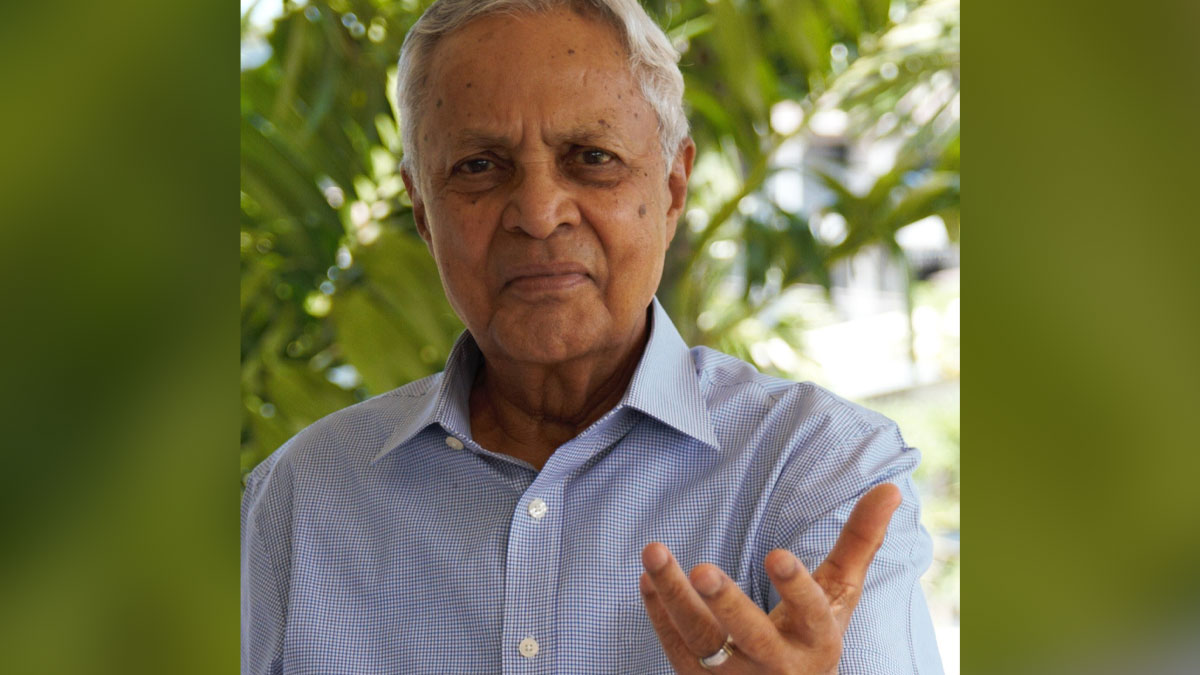
Ratu Sir Lala Sukuna was a distinguished leader and a far-sighted visionary who believed the way forward for Fiji was through peaceful co-existence.
This is the message from Fiji Labour Party Leader and former Prime Minister Mahendra Chaudhry in celebration of Ratu Sukuna Day.
Chaudhry says Ratu Sukuna was held in high esteem by people of all races, including the colonial administrators who sought his counsel widely on matters affecting the i-Taukei.
He says he is remembered today as the first i-Taukei law graduate, the first secretary for Fijian Affairs and the first local to be appointed Speaker of the Legislative Council.
He further says when Ratu Sukuna was denied admission to the British Army, he fought with distinction with the French Foreign Legion in the First World War.
He adds Ratu Sukuna was a skilful administrator who left a legacy of at least three landmark policies or legislation with far-reaching consequences for the i-Taukei, as well as the nation.
The former Prime Minister says Ratu Sukuna played a significant role in the reorganization of the Fijian administration, which resulted in the setting up of the Fijian Affairs Board in 1946 and served as its first secretary.
Chaudhry says he firmly believed in the preservation of the Fijian chiefly system and the Fijian way of life, including keeping intact the village system.
He says tied up with this was his lands policy, which has formed the cornerstone of land relations in Fiji ever since, and he is believed to be the main proponent of the Native Lands Ordinance 1940, which set up the Native Lands Trust Board (now TLTB) entrusted with the administration of all native lands.
The Leader of FLP says the legislation put native land in reserve for the use of the mataqali but allowed surplus lands to be leased to non-Fijians through the NLTB, and the policy later paved the way for another significant land legislation - ALTO, the Agricultural Landlord and Tenants Ordinance of 1966.
Chaudhry says Ratu Sukuna is renowned also for his policy on the three-legged stool, believing that the Vanua, the church and the government must work together to ensure the well-being of the indigenous people, as well as the nation.
He adds this concept of the “three-legged stool” has since gained relevance in its application to the ideals of multiracialism in relation to Fiji’s three major races – the notion that the nation can only progress if the three legs of the ‘stool’ are treated as equals.
The former Prime Minister says Ratu Sukuna’s commitment to multi-racialism may well go back to his childhood days when he grew up intermingling with Indian children at the Wairuku Indian Primary School in Rakiraki and it is well known that he had close relations with Indian leaders in his time.
Stay tuned for the latest news on our radio stations

